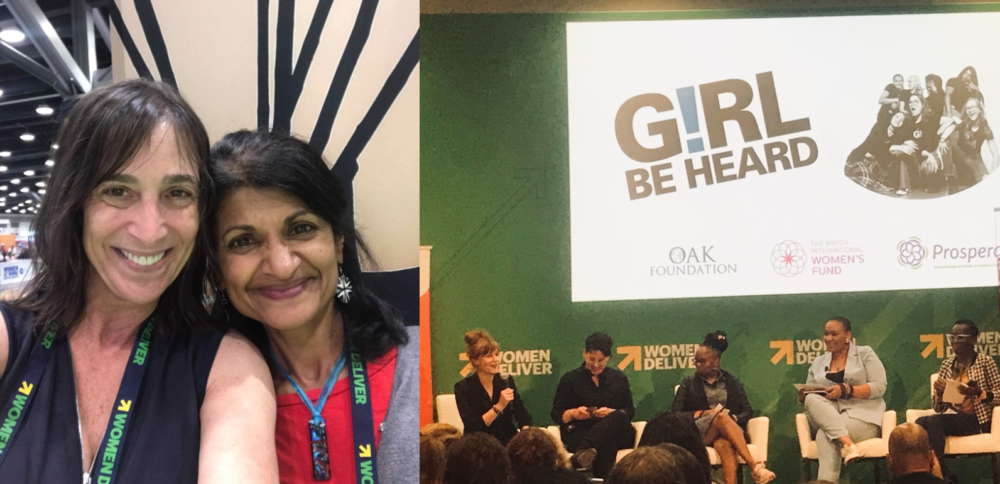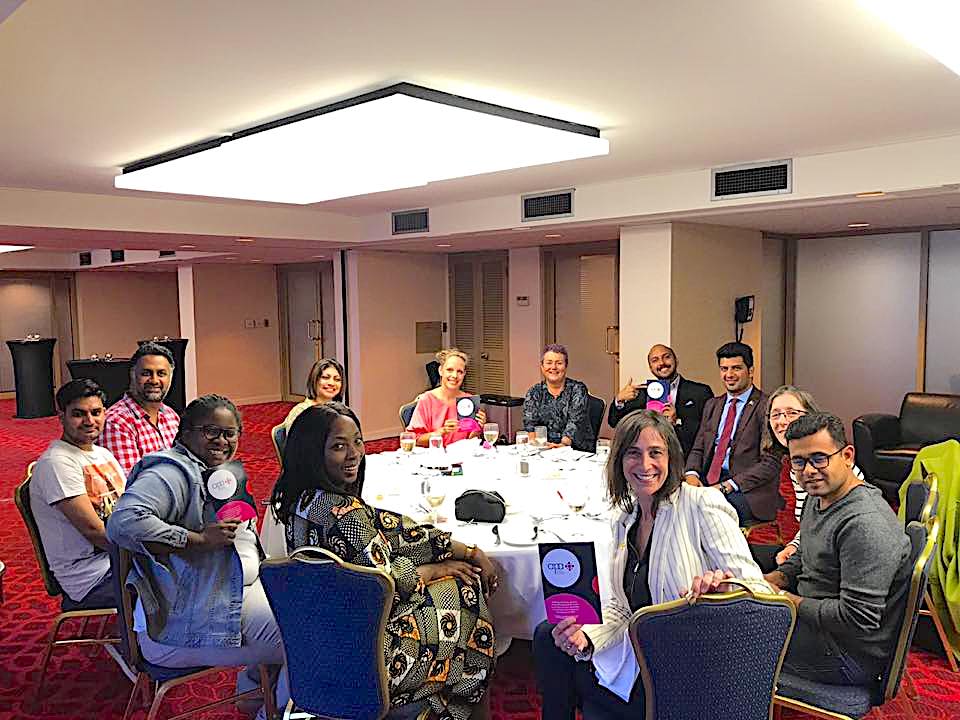Last month, Asia Catalyst joined 8,000 people from 165 countries at WomenDeliver2019,
the world’s largest conference on gender equality and the health,
rights, and wellbeing of girls and women. It was an exciting opportunity
to reconnect with colleagues, hear from practitioners about work across
the globe to empower girls and women, and learn about new funding
opportunities for grassroots advocacy.
Here are a few highlights from my experience at the Vancouver conference:
- Every morning, I attended plenary sessions with extraordinary leaders who have taken their personal experiences and turned them into movements to address inequality. One of my favorites was “The Power of Movements,” featuring Tarana Burke, founder of #MeToo, and Ailbhe Smyth, who led the successful vote to ensure women in Ireland can make their own decisions in pregnancy and access abortion.

- Another exciting moment was Prime Minister Justin Trudeau’s announcement that Canada will increase its funding for women’s health globally, reaching $1.4 billion annually by 2023 – including $700 million earmarked for sexual and reproductive health initiatives, making Canada a leader when it comes to this kind of international aid.
- I participated in sessions like Feminist Frontline: Strategies for Resistance and Change, whose activist speakers described their groundbreaking work disrupting and dismantling the patriarchy and feminist philanthropy; and Women’s Rights and LGBTIQ+ Rights: Stronger Together, masterfully moderated by Jessica Stern, Executive Director of OutRight Action International.

What was missing? Unfortunately, the voices of extremely marginalized women – sex workers, women who use drugs, trans and intersex women – were hardly present. I found only one session, hosted by Frontline AIDS, where women who use drugs talked about their work.
We know that work to promote gender equality and “leave no one behind,” as part of the Sustainable Development Goals, requires everyone, not just the privileged, well-resourced, and well-connected, to unite and strategize. Clearly,
new opportunities must be created for these groups, while encouraging
Women Deliver to widen its lens of who to feature in 2020. We will
advocate for more diverse representation, and support more of our
grassroots partners to participate next year.

The biggest benefit of Women Deliver, in my opinion, is the opportunity for quality, in-person interaction – an increasing rarity in this digital age – with friends, allies, and donors. Often, discussions and debates there spark new ideas and relationships that help us unite around work and strategies to advance women’s health. I was thrilled to connect with people from Asia Pacific Alliance for Sexual and Reproductive Health and Rights, above, which we are a proud member of and puts sexual health rights on the agenda of policymakers.
Asia Catalyst advances women’s rights every day through our intensive human rights and advocacy programs that build leadership and give birth to grassroots organizations. To learn more about our work with marginalized women, visit www.asiacatalyst.org.
Best,





